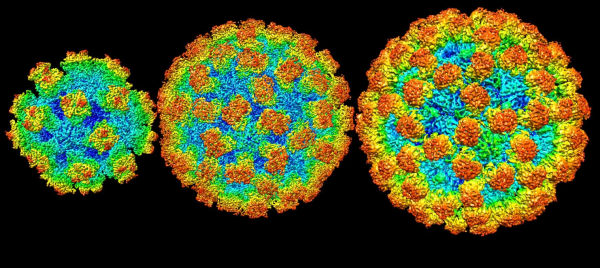Abortion pills hit local pharmacies
Starting the New Year with a new significant policy, the Food and Drug Administration (FDA) approved the transfer of Mifepristone, typically used for the process of medicinal abortion, to patients through the mail and local pharmacies. Although access to Mifepristone remains limited, the new policy opens up opportunities for those who need additional accessibility. However, respectively, debate ensues between polarizing citizens and politicians as they continue to dispute their moral considerations of abortion processes.
January 15, 2023
January 3, 2023, the Food and Drug Administration (FDA) released new modifications to the Mifepristone REMS Program to allow access to the dispensing of Mifeprex under the administration of a certified prescriber. Within the first ten weeks of gestation, those beginning their pregnancies can initiate the Mifepristone REMS Program, which commences a process of medical abortion through the utilization of Mifepristone. In 2019, the standard version of Mifeprex gained FDA approval for citizens, but in-person restrictions created difficulty for the availability of the pills. Expectantly, the FDA determined that prescribed patients no longer need to access their medication through an in-person visit with their physician or healthcare provider—clients can now collect their pills from a certified pharmacy or through the mail.
“Today’s news is a step in the right direction for health equity. Being able to access your prescribed medication abortion through the mail or to pick it up in person from a pharmacy like any other prescription is a game changer for people trying to access basic health care,” Planned Parenthood President Alexis McGill Johnson said.
Although Mifeprex requires a prescription from a healthcare professional before usage, the new accommodations will likely cause an influx of exposure to the product for interested expecters. While the FDA’s approval of these regulations opens several opportunities for US citizens, several considerably conservative states and anti-abortion rights groups currently express their distaste for the new ruling.
“The FDA’s approval of chemical abortion drugs has always stood on shaky legal and moral ground. After years of evading responsibility, it’s time for the government to do what it’s legally required to do: protect the health and safety of vulnerable girls and women. On behalf of the national healthcare organizations and physicians we represent, we ask the court to hold the FDA accountable for its reckless, unlawful behavior. We urge the court to reject the marketing and distribution of dangerous chemical abortion drugs
so that the health, safety and welfare of women are protected,” Alliance Defending Freedom Senior Counsel Erik Baptist said.
January 5, two prevalent pharmacies, Walgreens and CVS, stated that their pharmacy fully approved the delivery of Mifeprex through their services. The accommodation of delivery will heighten the number of potential patients living in rural areas, patients who lack mobility accommodations and those who use Telehealth. Currently, medicinal abortions account for around 52% of US abortions.
“I think this will cause conflict in conservative states as this will allow people to have earlier and quicker ways to have an abortion which is a very controversial topic in today’s society,” junior Orifewa Otusanya said.
In response to the FDA’s Mifepristone law, the attorney general of Alabama—Steve Marshall—released a statement on Alabama’s concerns about the usage of the medical procedure. Alabama stands as one of the 18 states that express their state as anti-abortionist through multiple restrictions and bans that forbid the practice. Although the state limits the possibility of citizens becoming prosecuted for performing the procedure, Marshall’s counterclaim creates a loophole that can potentially target those who enact an abortion.
“The Human Life Protection Act targets abortion providers, exempting women ‘upon whom an abortion is performed or attempted to be performed’ from liability under the law. It does not provide an across-the-board exemption from all criminal laws, including the chemical-endangerment law,” Marshall said.



















